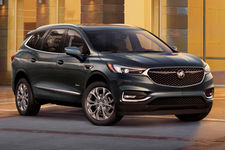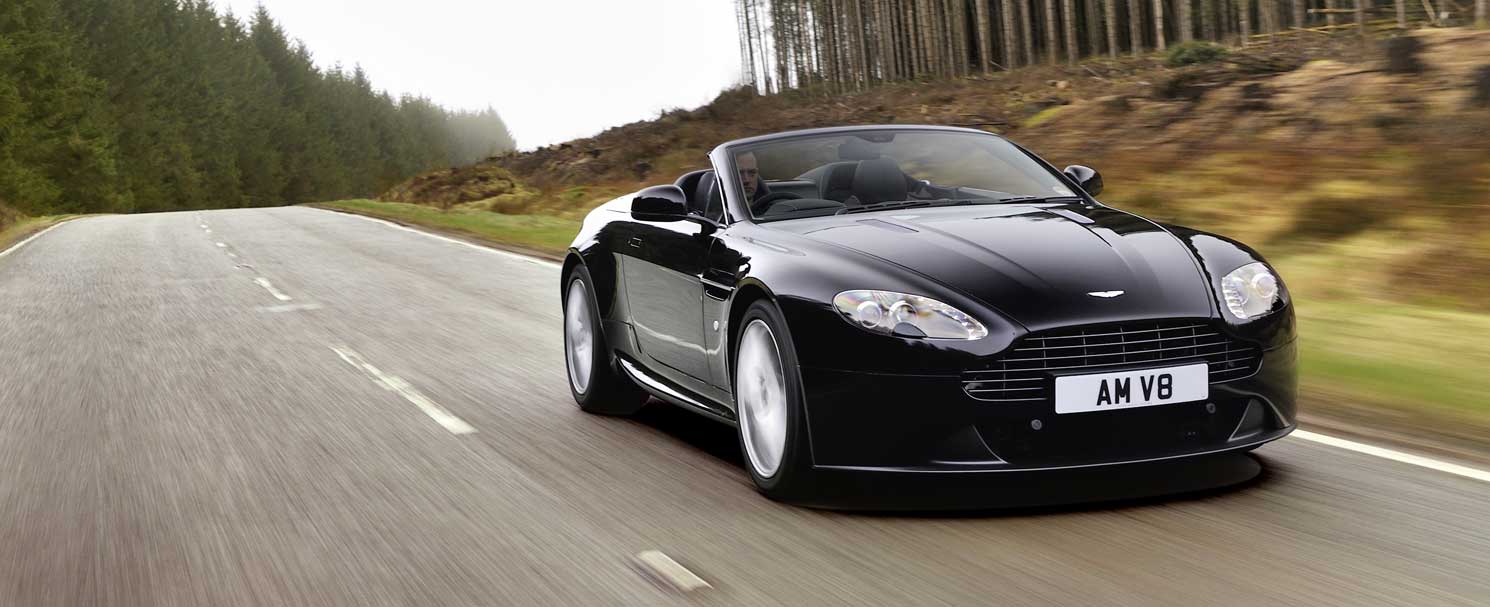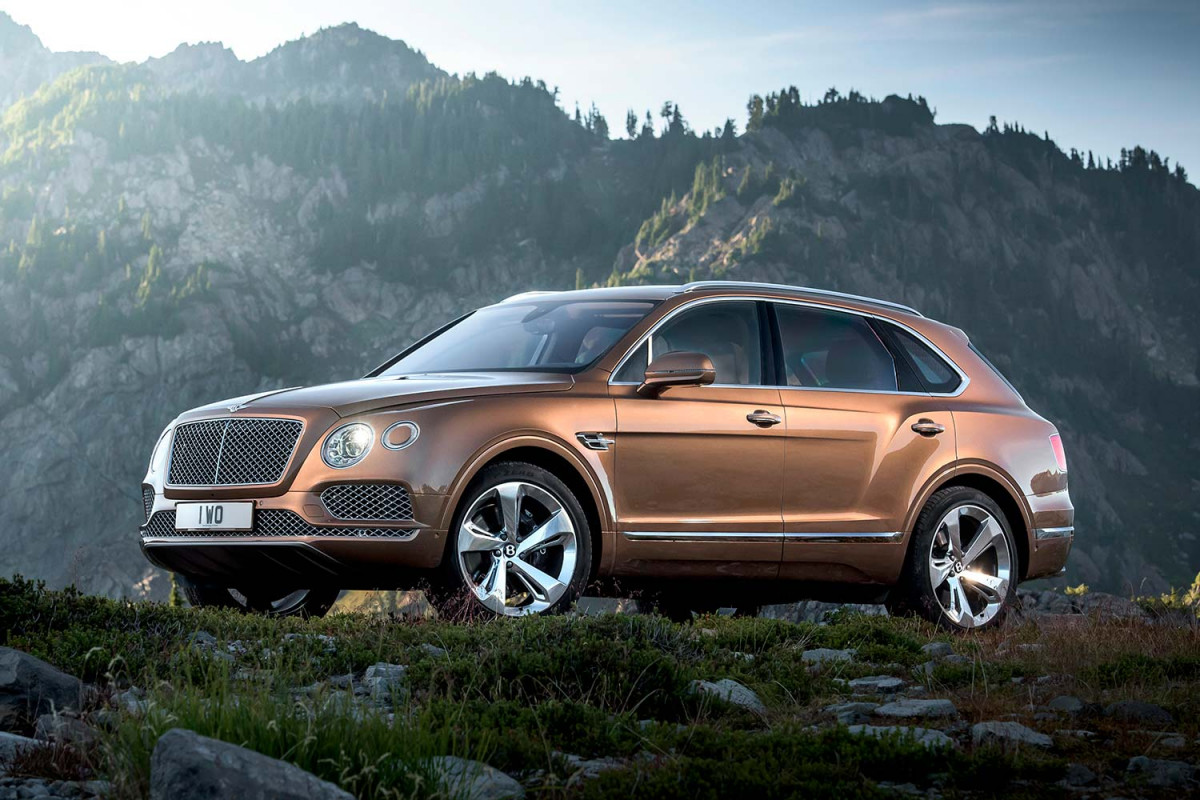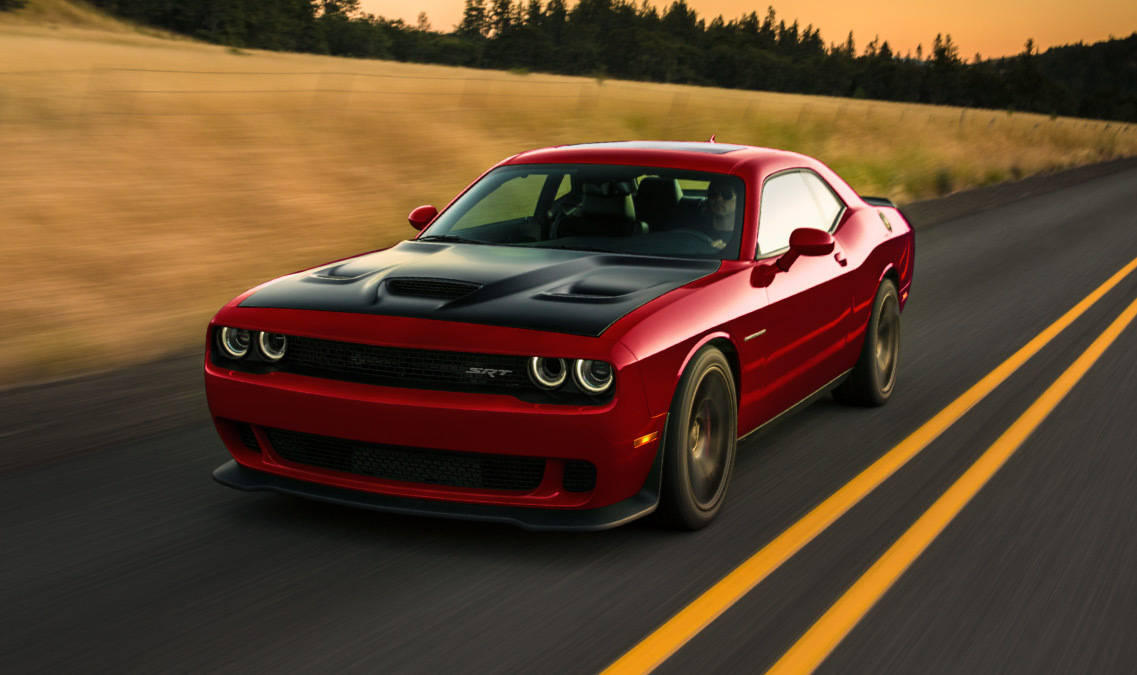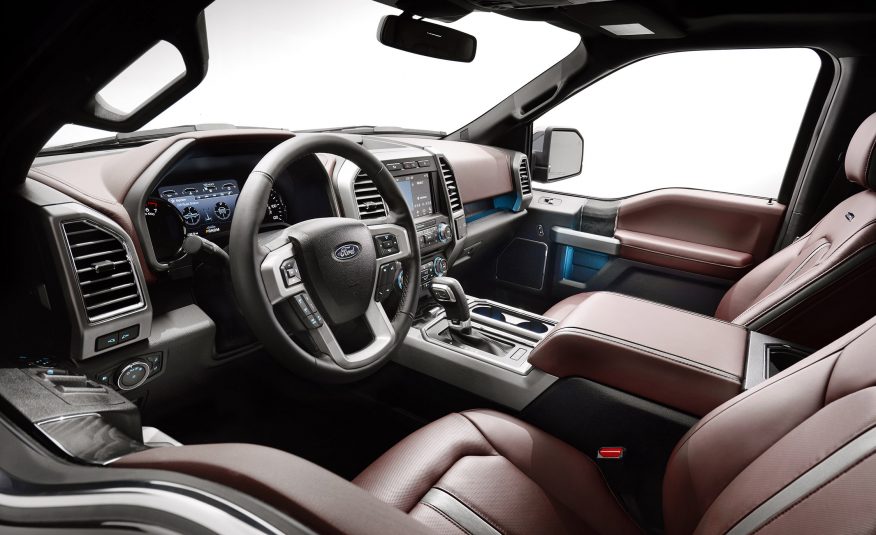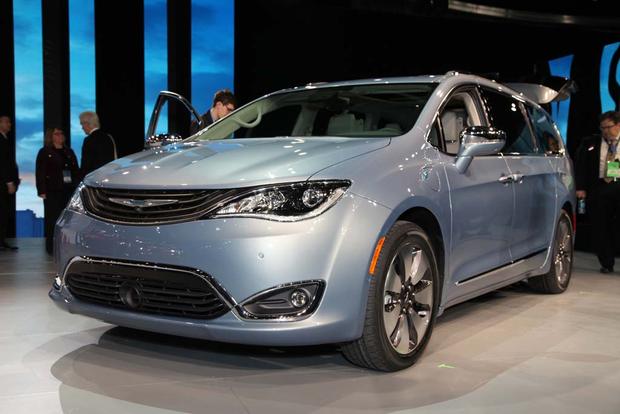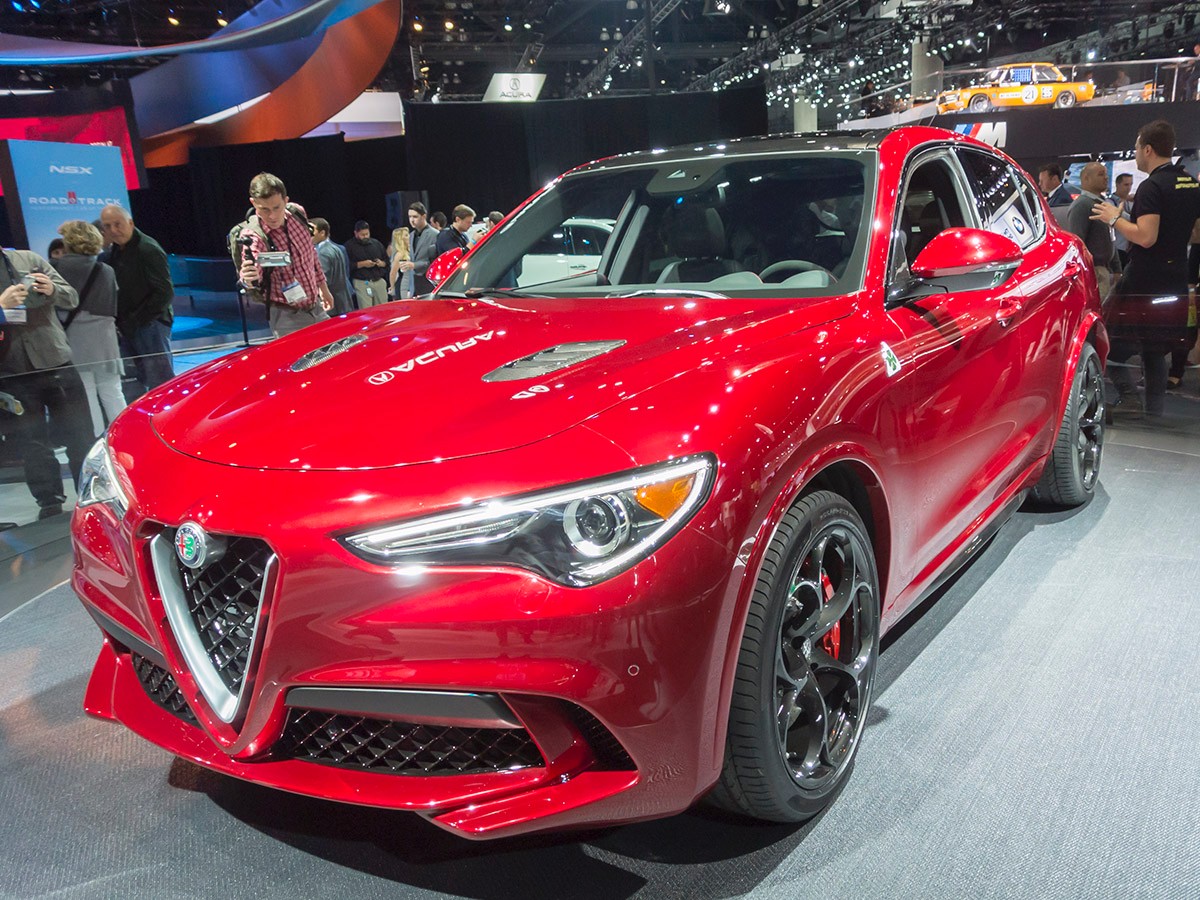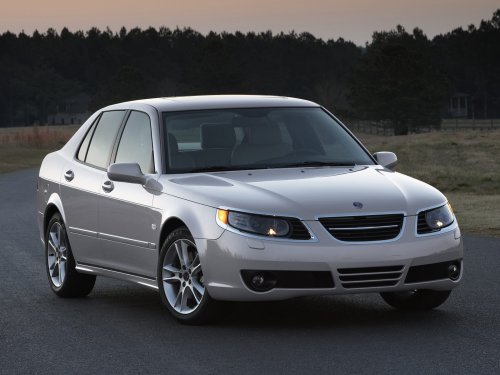-
2018 Buick Enclave “Avenir” will have ionic air purifier - April 12, 2017
-
Lease a Luxury Car for Less Than You Think - April 5, 2017
-
Shopping for a Car When Your Credit is Low - March 31, 2017
-
Aston Martin Closer to Unveiling Second-Generation Vantage - March 21, 2017
-
2017 Bentley Bentayga SUV: Offroad for $238,000 and Up - March 14, 2017
-
Pagani Huayra is Finally Here, Only $2.4M - March 9, 2017
-
Mercedes AMG E63 – For When Your Wagon Needs Drift - February 6, 2017
-
2018 Audi Q5 SUV: Enhanced Performance - January 30, 2017
-
2018 Toyota Camry Due in Late Summer - January 27, 2017
-
2018 Dodge Challenger SRT Demon Will Outstrip Hellcat - January 23, 2017
Consumer Reports retracts infant car seat report
Earlier this year, industry giant Consumer Reports has retracted it’s infant car seat study after a major discrepancy was found in their testing methods. The tests seemed to show that many of the infant seats wouldn’t protect babies from side impact collisions at around 38 mph. Most of the seats were ranked by the magazine as “miserable failures”. Apparently it later came to light that the tests were conducted at speeds higher then the magazine had originally claimed. The National Highway Traffic Safety Administration or NHTSA for short, performed it’s own tests after seeing the magazines results and brought the error to their attention. They claim Consumer Report’s test conditions simulated a car being struck at over 70 mph. This was almost double the magazine’s claim. “Consumer Reports was right to withdraw its infant car seat test report,” said NHTSA administrator Nicole Nason. “I was troubled by the report because it frightened parents and could have discouraged them from using car seats.” Over 100 worried parents called the NHTSA’s hotline concerning the faulty tests. Many within the administration fear that parents were in doubts of wether to use the seats at all. This came as an embarrassment to Consumer Reports who are held in very high regards by most consumers for their unbiased testing methods. The magazine has asked all readers to “remember that use of any child seat is safer than no child seat, but to suspend judgment on the merits of individual products until the new testing has been completed and the report republished.” Parent and those expecting should keep a close watch.
Earlier this year, industry giant Consumer Reports has retracted it’s infant car seat study after a major discrepancy was found in their testing methods. The tests seemed to show that many of the infant seats wouldn’t protect babies from side impact collisions at around 38 mph. Most of the seats were ranked by the magazine as “miserable failures”. Apparently it later came to light that the tests were conducted at speeds higher then the magazine had originally claimed. The National Highway Traffic Safety Administration or NHTSA for short, performed it’s own tests after seeing the magazines results and brought the error to their attention. They claim Consumer Report’s test conditions simulated a car being struck at over 70 mph. This was almost double the magazine’s claim. “Consumer Reports was right to withdraw its infant car seat test report,” said NHTSA administrator Nicole Nason. “I was troubled by the report because it frightened parents and could have discouraged them from using car seats.” Over 100 worried parents called the NHTSA’s hotline concerning the faulty tests. Many within the administration fear that parents were in doubts of wether to use the seats at all. This came as an embarrassment to Consumer Reports who are held in very high regards by most consumers for their unbiased testing methods. The magazine has asked all readers to “remember that use of any child seat is safer than no child seat, but to suspend judgment on the merits of individual products until the new testing has been completed and the report republished.” Parent and those expecting should keep a close watch.
